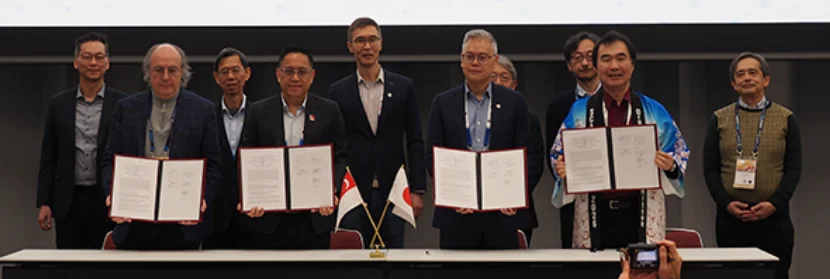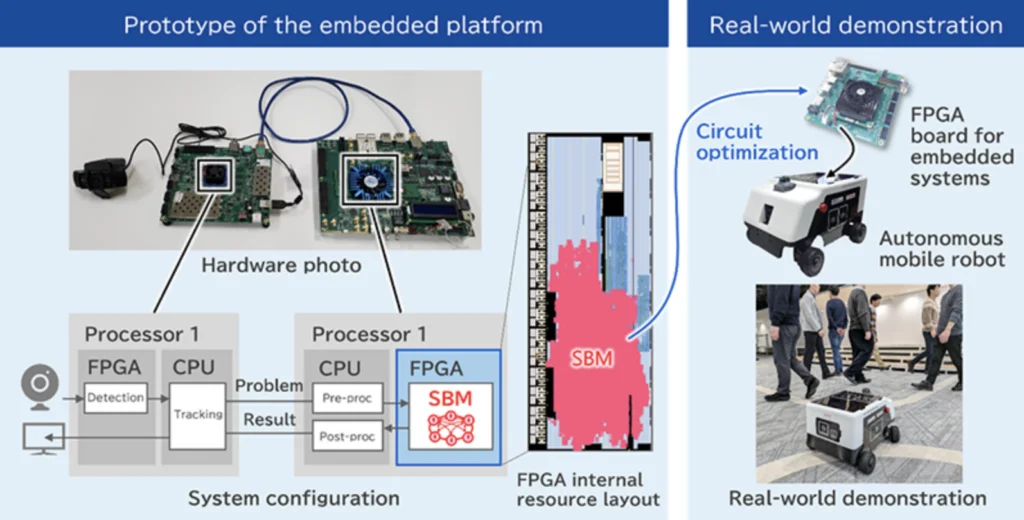Insider Brief
- South Korea plans to invest over 3 trillion won ($2.33 billion) in quantum science and technology by 2035, aiming to become a global leader in the field.
- The country aims to increase the number of quantum researchers seven-fold to 2,500 by 2035 and develop its own quantum computer and advanced quantum sensors.
- South Korea aims to secure 10% of the global market share in quantum technology by 2035 and has signed partnerships with IBM and IonQ to train local experts in quantum computing.
South Korea has unveiled a strategic plan to invest more than 3 trillion won ($2.33 billion) in quantum science and technology with the aim of establishing itself as a global leader in the field, according to the South Korean news site Pulse. The announcement came from Science and ICT Minister Lee Jong-ho during a conference on quantum technology and science.
Under the plan, South Korea intends to significantly increase the number of quantum researchers, aiming for a seven-fold rise to 2,500 by 2035. The news site reported that the strategy reflects discussions between President Yoon Suk Yeol and quantum scholars at the Swiss Federal Institute of Technology Zurich earlier this year, making it the first national strategy to encompass a long-term vision for quantum science and technology.
One of the key objectives, as stated by Pulse, is to develop a quantum computer using homegrown technology and advanced quantum sensors, reaching a level of up to 85 percent compared to global leaders by 2035. Additionally, South Korea aims to secure 10 percent of the global market share in quantum technology by the same year.

Minister Lee expressed enthusiasm for the country’s quantum science ambitions, saying, “This year marks the first year of a leap for South Korea in quantum science.”
According to the news site, to realize the strategy, the government plans to adopt a mission-oriented approach, setting defined tasks and timelines based on roadmaps. The goal is to achieve a general-purpose quantum computer based on qubit (quantum bit) class superconductivity by 2031. In the quantum communications and quantum sensors sectors, South Korea aims to develop a 100-kilometer quantum network for intercity demonstrations, GPS-free navigation, and quantum radar.
Expanding educational programs and facilities will be crucial to reaching the target number of professional quantum researchers. The government plans to increase the current count of 384 researchers to 2,500 by 2035. The news site reported that it will also send 500 local experts abroad for training in countries like the United States and European Union.
According to Pulse, investments in quantum infrastructure are also part of the strategy. The government aims to establish dedicated quantum fabs for researchers by 2027, followed by a public-sector quantum foundry by 2031 and a private-sector quantum foundry by 2035.
To nurture startups in the quantum technology sector, the government plans to support the establishment of 100 companies by 2025. A special district will be designated to provide government and local municipality support, and new legislation will be developed to create a sustainable support initiative.
The news site reported that in strengthening collaboration with industries and research institutions, the Ministry of Science and ICT has signed a memorandum of understanding with International Business Machines Corp. (IBM) and quantum computing firm IonQ Inc. This partnership will enable local doctoral students and industrial workers to receive training from global quantum companies, with IBM and IonQ committing to send researchers to South Korea for training purposes.
South Korea acknowledges its late entry into the quantum science and technology development, but remains confident in its potential for further industrialization. Minister Lee emphasized, according to the news site, the need for industry, academic institutions, and the government to collaborate closely to achieve the goal of becoming a quantum technology powerhouse by 2035.
For more market insights, check out our latest quantum computing news here.














